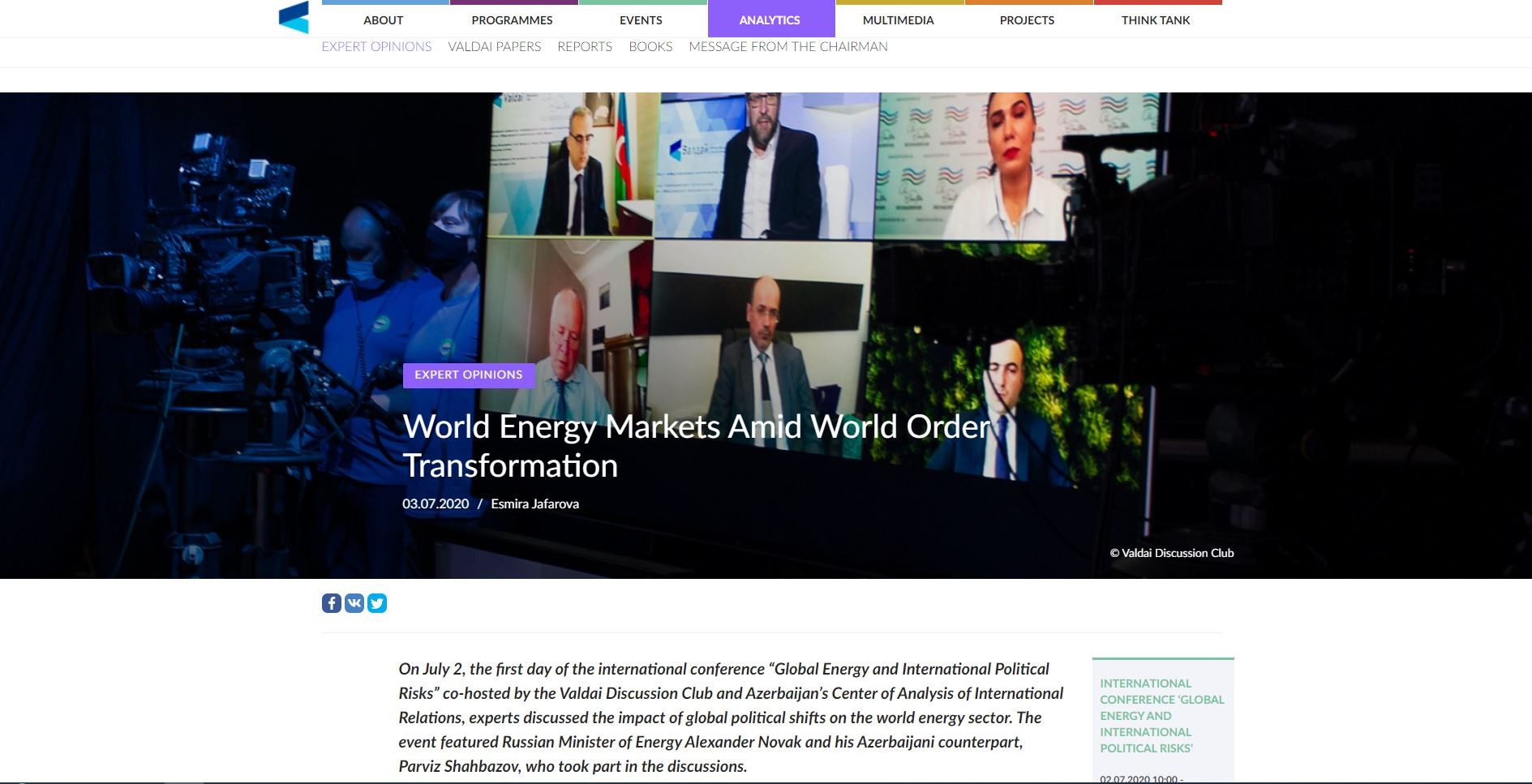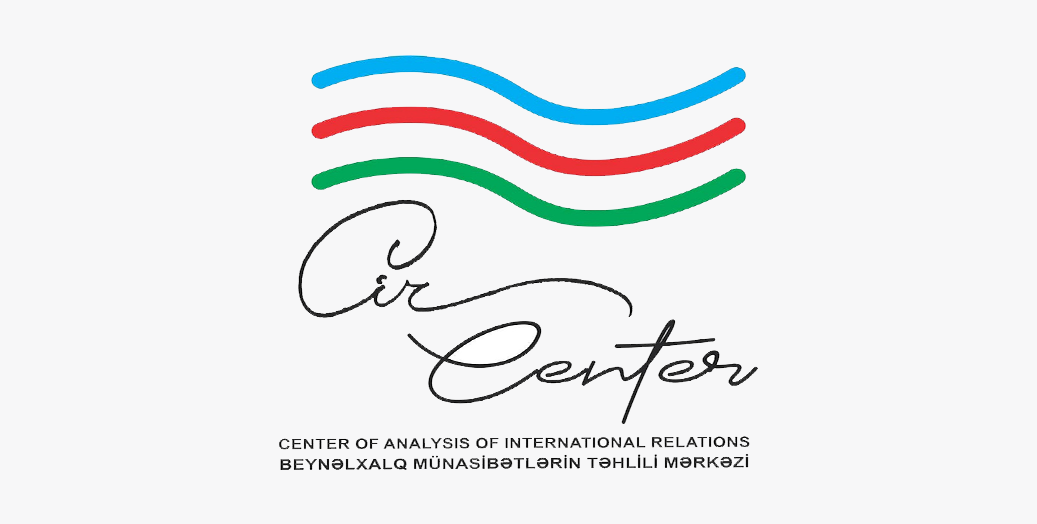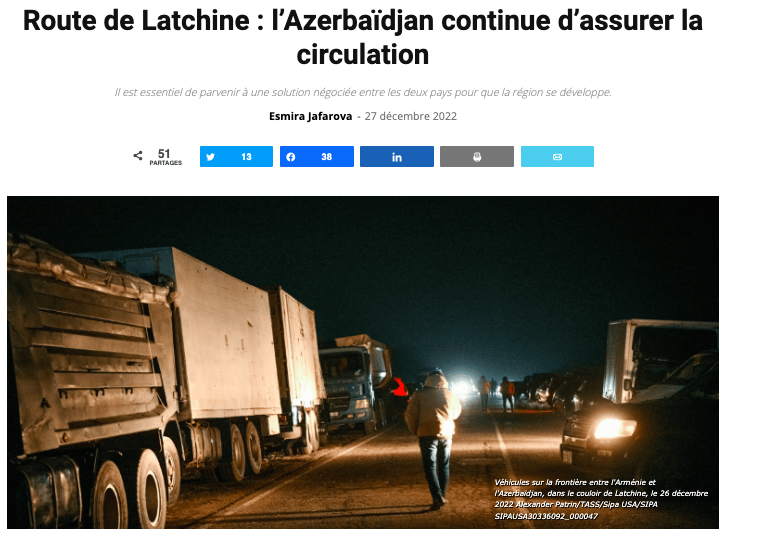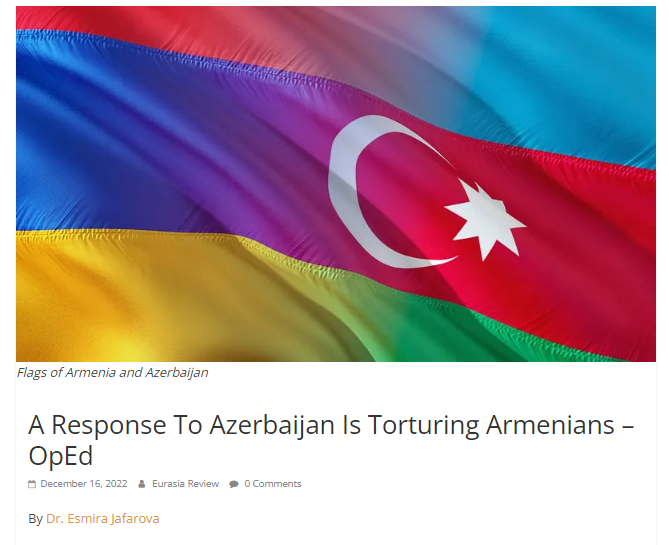On July 2, the first day of the international conference “Global Energy and International Political Risks” co-hosted by the Valdai Discussion Club and Azerbaijan’s Center of Analysis of International Relations, experts discussed the impact of global political shifts on the world energy sector. The event featured Russian Minister of Energy Alexander Novak and his Azerbaijani counterpart, Parviz Shahbazov, who took part in the discussions.
Energy is an important economic and national security factor in global geopolitics and interstate relations. The session organized by the Valdai Discussion Club and the Baku-based Center of Analysis of International Relations (AIR Center) on 2 July, 2020, titled “World Energy Markets Amid World Order Transformation” aimed at focusing on discussions related to the current situation in the world energy market in the wake of geopolitical, geostrategic and epidemological challenges. Wide array of energy sectors such as renewables, natural gas and petrochemicals have been affected by the COVID-19 pandemics. The session was attended by experts from the Valdai Discussion Club, AIR Center as well as other international experts, and upon the completion of the end of the expert session, statements by the Ministers of Energy of the Russian Federation and the Republic of Azerbaijan Alexander Novak and Parviz Shahbazov, respectively, were delivered.
Energy issues in the context of global geopolitics, big power, bloc politics, concepts like resource nationalism and evolution of global energy geopolitics were highlighted. Alongside focusing on bigger strategic picture, the session also covered the implementation of large-scale projects in both state and private sectors, in the sphere of production, transportation, and processing of energy resources that can usually take decades. These and other related issues were discussed against the backdrop of the unprecedented times that we are currently living in.
We live in an era of major global changes brought by the unexpected hitting of the COVID-19. Before the onset of the COVID-19 and the associated challenges in global value chain that shattered the established patterns in global economy, causing a severe economic downturn unseen since the beginning of the 20th century, the role of energy was exponentially increasing in the contemporary international relations system, enabling it to acquire larger share in global, regional and national security matters, as well as in issues related to sustainable development. Sustainability of energy supply was and still is an indispensable element of energy security.
With energy market currently in turbulence, the importance of the OPEC+ as an international framework of cooperation was specifically underscored. It was specifically underlined that as a matter of fact, the establishment of the united format of OPEC and non-OPEC countries amid the fluctuating oil prices in order to tackle the challenges in the global oil market stems from the idea by President Ilham Aliyev, which he proposed during World Economic Forum held in Davos, in January, 2016. Azerbaijan’s appeal to the concerned oil producing countries found a widespread support among the relevant oil producing states and the OPEC+ was created. Currently OPEC+ covers about 45% of the world energy market and therefore it was noted that further expansion of the OPEC+ will bring better results in terms of market regulation in these difficult times.
There are lots of debate and speculations about the pandemics shattering the current world order to its core. Some assert that the “New Normal” when the pandemics is hopefully over one day, will be completely different. Others are not so dramatic and predict the contours of the habitual world order returning after the crisis is over. However, one thing is certain that the pandemics induced shifts will inevitably influence the world energy sector. One of the key questions discussed in the session was therefore related to what can be done to keep costs down for the energy sector and the global economy as a whole.
The picture of the pre-pandemic landscape of the global energy market, did actually show that the fluctuations in oil market started long before, since 2014. It has therefore been quite some time that the speculations about the decreasing importance of hydrocarbons as energy sources of future were rife. Despite those speculations, nonetheless, estimates indicated that oil and gas would continue to remain central to the global energy system for many more years to come. The indispensability of traditional sources of energy, such as oil and gas for the future of global economy, thus should not be questioned.
However, this does not obviate the fact that there are also other options available to states for boosting national and global energy security using not only the hydrocarbon resources, but also those that are related to renewable energy. Renewables, were and are still therefore increasingly becoming more appealing for the energy systems of states. Widespread interest to renewables is also augmented by the fact that they are environmentally friendly and therefore attractive as clean energy sources. Rapid development of technologies is another conditionality that may lead to wider application of renewables globally.
Before COVID-19 stroke, humanity was also said to be at the cusp of a new industrial revolution. In energy sector this is manifested in application of nanotechnologies, expansion of opportunities for energy storage, increasing trends towards instrumentalization of renewables and in other areas. Technological innovations hasten global energy transformation and lead to an ecologically clean and effective energy future. New technologies and innovations infiltrate energy sector more rapidly than one could have thought. The concept of energy has reacquired new dimension with the advent of new technologies. World energy balance was witnessing and still does, the reshuffling weight of this or the other kind of energy source in the overall proportion of energy mix.
Nonetheless, the COVID-19 pandemic has had a severe impact on energy demand, as global quarantines and lockdowns, curfews, limited travel, and changing consumer behavior brought economic activity to halt and disrupted global value chain. Falling demand has struck the energy sector hard, causing unprecedented volatility in energy markets. The volatility was reflected most remarkably in oil prices, which had already been under pressure following a series of unsuccessful Organization of the Petroleum Exporting Countries Plus (OPEC+) negotiations on new production cuts, before finally arriving at a deal on April 12. Nevertheless, in a historic and stunning event, the US benchmark oil price, West Texas Intermediate, fell into negative, for the first time in history.
The world oil demand is estimated to decrease by 9.1 mb/d in 2020. The COVID-19 pandemic has negatively affected global economic activities, eliminating global oil demand growth leading to year-to-year decline of 6.4. mb/d in 1Q20 and by 17.3 mb/d (y-o-y) in 2Q20 (OPEC estimates). Fossil fuels bore the brunt of the fall in demand and the hardest hit energy source was coal. Restrictions on economic activity reduced global coal demand down by 8% in the first quarter of 2020, mostly down to a drop in electricity needs. Industrial coal demand also dropped, especially in China as its coronavirus restrictions halted factory production (IEA estimates).
Natural gas consumption was falling over the first months of 2020 in major markets even before the Covid19 pandemic, mainly due to historically mild temperatures in the northern hemisphere. In Europe, milder weather pushed down natural gas demand by an estimated 2.6% during Q1 2020 relative to Q1 2019 (IEA estimates).
Renewables seem to be the only energy source to see demand grow in the first quarter and renewables investment has been more resilient during the crisis than fossil fuels. However, spending on rooftop solar installations by households and businesses has been strongly affected (IEA estimates).
This crisis is producing imbalances in the energy sector, affecting both investments and the transition to decarbonisation. The decline in carbon prices and as a result of lower energy demand, shows the negative impact that the coronavirus crisis can have on the recently launched European Green Deal. The Green Deal is however, estimated to have a great potential for other countries to join in future.
Ecological, climate-oriented projects are gaining momentum, especially nowadays when ironically, after COVID-19 has brought considerable improvement of global climate.
Companies with more uncertain demand outlooks are cutting back on investment while projects are also being hampered by lockdowns and disrupted supply chains. Diversification of energy sources and supply as well as energy balance of specific countries was also noted to be an important element of energy security.
Nobody yet knows how long this crisis will last with pessimistic and optimistic scenarios both deserving credibility in this uncertain reality of ours. Current processes and trends in global energy market influence its each and every member in some ways. It also obliges us to take into account global challenges in our energy policy.
The session therefore, discussed the possible consequences of the COVID-19 for the global energy markets, to generate ideas and offer recipes on how to best operationalize existing resources and efforts amid the COVID-19 in order to minimize its negative effects for the global energy sector.
Importance of international cooperation over competition in today’s difficult geopolitical realities cannot be underscored enough. This thesis also remained central to the discussions during the session.
https://valdaiclub.com/a/highlights/world-energy-markets-amid-world-order/







